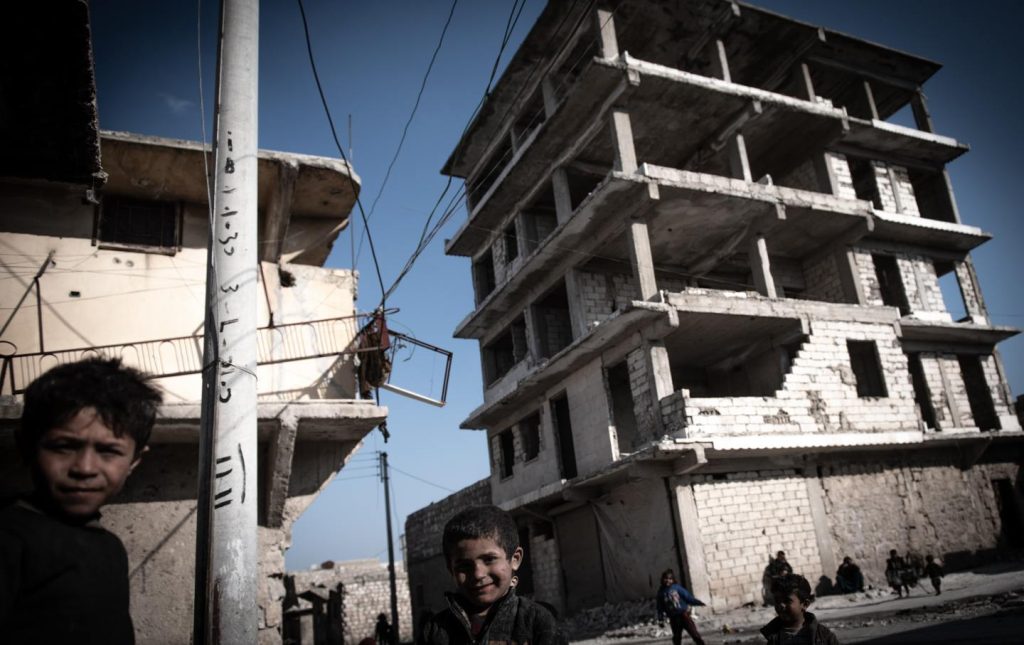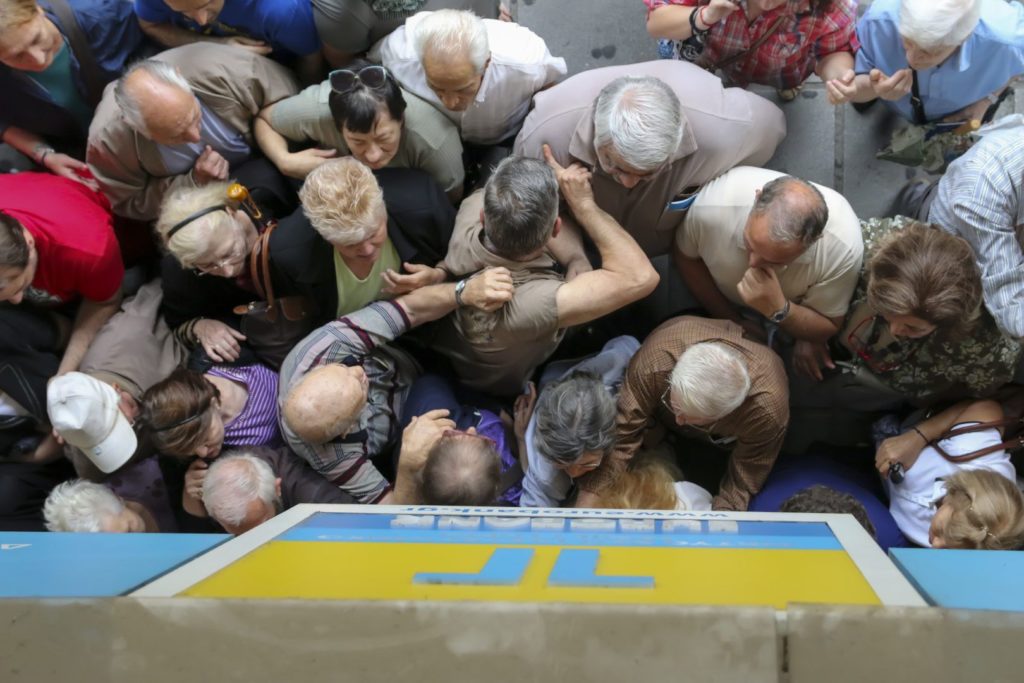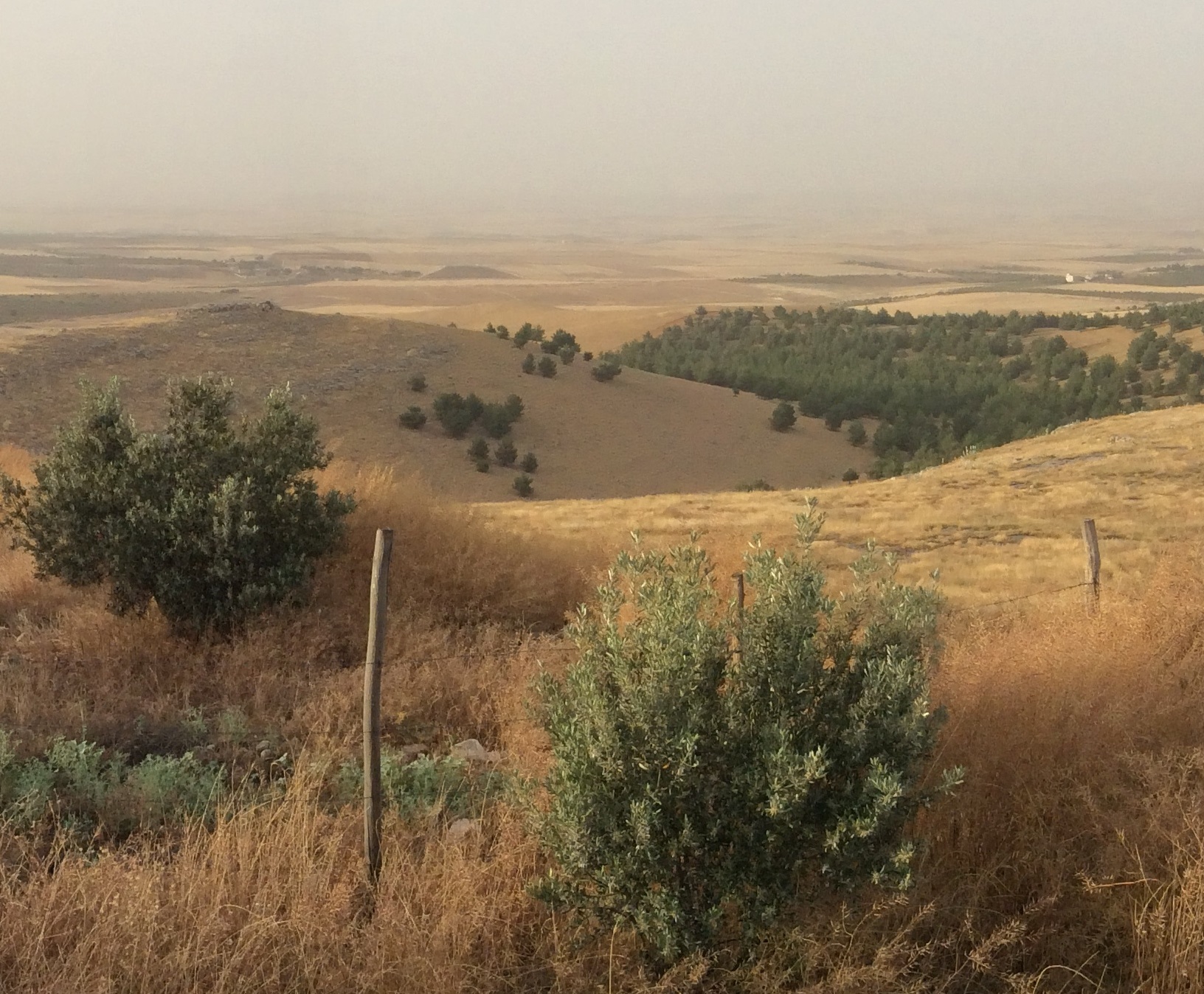
Once a month, we put together a list of stories we’ve been reading: news you might’ve missed or crucial conversations going on around the web. We focus on environmental justice, radical municipalism, new politics, political theory, and resources for action and education.
We try to include articles that have been published recently but will last, that are relatively light and inspiring, and are from corners of the web that don’t always get the light of day. This will also be a space to keep you up to date with news about what’s happening at Uneven Earth.
February was short, so we decided to do a combined February-March newsletter – and it’s a good one! We collected stories on Syria, Turkey & Rojava, the Cop City movement in Atlanta, and false climate solutions; a critique of Elon Musk’s Twitter; a discussion of the sustainability of bicycles; and a reflection on the importance of redefining ‘abundance’, to name a few. We also included a climate action toolkit for tired people, because that’s most of us in this vast capitalist hellscape.
If you find these lists useful, you can support us by sharing them on social media and with your friends and family!
A small note that the articles linked in this newsletter do not represent the views of Uneven Earth. When reading, please keep in mind that we don’t have capacity to do further research on the authors or publishers!
Uneven Earth updates
Stories of permafrost | A call to look beyond permanence
Lützerath bleibt! | At the edge of the 1.5°C frontier
Top 5 articles to read
Climate in 2023: escalation and backlash
How to meet the climate crisis? Redefine ‘abundance.’
Why the Global South can’t go green
Transportation geography. How much lithium do we really need?
Automation isn’t the cause of unemployment — capitalism just can’t generate enough jobs
News you might’ve missed
Scientists deliver ‘final warning’ on climate crisis: act now or it’s too late
How Big Tech rewrote the nation’s first cell phone repair law
Rapidly melting Antarctic ice could affect oceans ‘for centuries’
Zimbabweans outraged by Al Jazeera exposé on gold smuggling elite
Climate, ice sheets & sea level: the news is not good
The $20m flip: The story of the largest land grab in the Brazilian Amazon
From arrests to apology: Government ‘sorry’ it violated Sami human rights. And the background to this story: Norway must stop violating Indigenous rights
Where we’re at: analysis
Musk is remaking Twitter into a climate denier sanctuary
Debt and ecological crises. A series of briefings looking at financial mechanisms that (in theory) support climate action and biodiversity conservation in the midst of a new debt crisis.
World should focus on phasing down developed world oil and gas over developing world coal
The climate case for rationing
Electric vehicles alone won’t take us to a decarbonized future
The road to a fossil fuel non-proliferation treaty
Imagining an economy for Nunavut beyond extraction
Global struggles
I live near the East Palestine chemical spill. Officials who say we’re safe are lying
Year of war in Ukraine left developing nations picking up pieces
Sámi rights must not be sacrificed for green energy goals of Europe
Syria, Turkey, and Rojava
The earthquake has left Syrian Kurds even more under siege
Women’s movement in Bakur and Rojava has made historic advances for the rights of women
Why Turkey was ill-prepared for the Kahramanmaras earthquake
Defend the Atlanta Forest
The historical roots of the Stop Cop City movement
The future of American environmental protests may be unfolding in a forest outside Atlanta
Atlanta: Police shooting of activist fuels ‘Cop City’ controversy
Cities and radical municipalism
On bicycles: The night that changed San Francisco cycling forever. Biggest barrier to biking is a fear of cars. And Can we make bicycles sustainable again?
‘Like we don’t exist’: Indigenous fear Indonesia new capital plan
Citizens’ assemblies: are they the future of democracy?
Food politics
The next deadly pandemic is just a forest clearing away
Big Food is betting on regenerative agriculture to thwart climate change
Phosphorus saved our way of life—and now threatens to end it
Vertical farms tried to grow lettuce indoors. Now many are failing
Just think about it…
What it really takes to save the planet
What if Indigenous women ran controlled burns?
We must stop treating India’s grasslands as wastelands
Why are crypto fans obsessed with micronations and seasteading?
The technocratic socialism of Otto Neurath
From bowling alone to posting alone
Economists’ obsession with “efficiency” is just an endorsement of greed
Film photography isn’t just expensive – it’s bad for the planet, too
Climate frauds
Our climate strategy must combat the technofixes-plus-markets fraud
The Living Forest Declaration and the Carbon Market Shell Game
Carbon removals: The danger of desperation
Theory
Marxism for the age of climate emergency
A greener Marx? Kohei Saito on connecting communism with the climate crisis
Degrowth
Degrowth: Everything you need to know
How degrowth can help reduce global conflict
Economic growth is not a magic wand for ending poverty
Degrowth or debunk: Do degrowth proponents have a strategy?
The future is degrowth – An interview with Aaron Vansintjan
Sci-fi, art and storytelling
An education through Earthsea. Ursula Le Guin’s fiction explored the ultimate fantasy—of self-discovery and the power that comes with it.
Why ‘Children of Men’ remains relevant with each passing year
Food and resistance in Palestinian cinema
‘A different perspective’: the journalist reporting the Amazon through fresh eyes
Resources
Climate action for tired people – A toolkit and quiz for parents and others
Scholarly resources on race and nature
Want to receive this as a newsletter in your inbox? Subscribe here.


